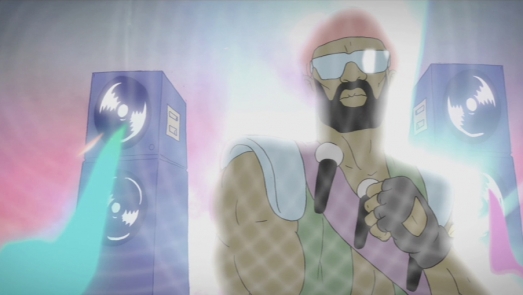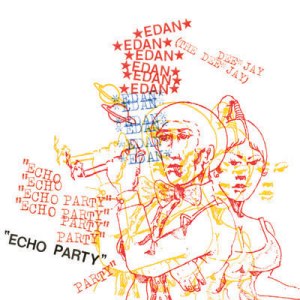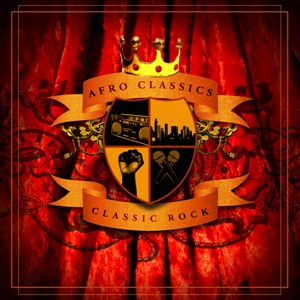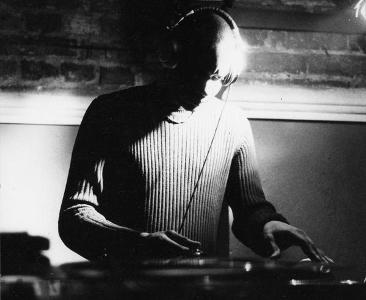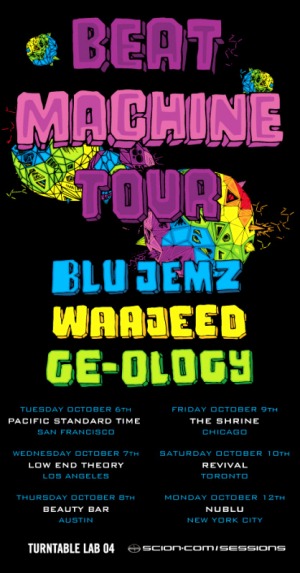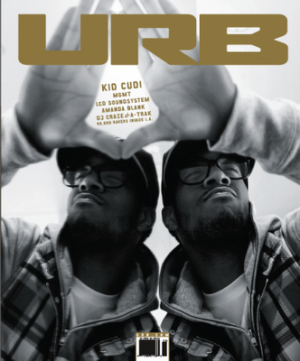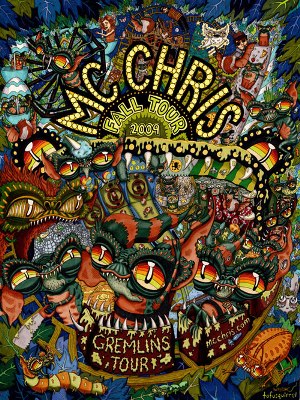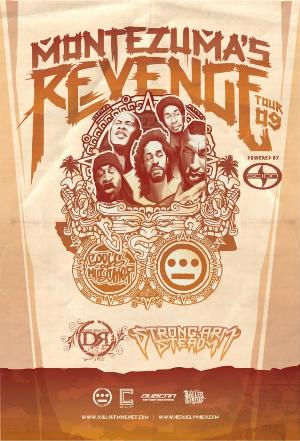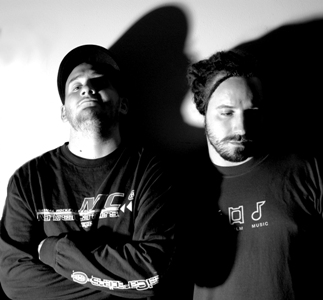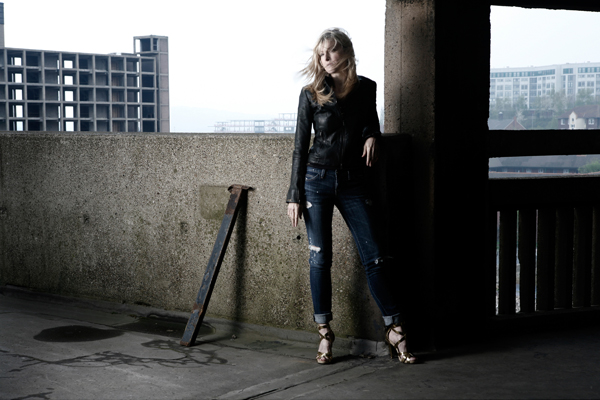
“A term like ‘wonky,’ I mean it’s just hideous, disgusting and it’s really dumbing down what people do as producers,†says Mary Anne Hobbs during a phone interview in late August. Yes, even the queen of bass hates “wonky,†“funky†and all the silly terms that the UK press (and their U.S. imitators) have devised to describe this new sound. But all the nomenclature is just evidence that “beats†(as L.A. heads call them) have grown into a worldwide movement and perhaps the most important electronic development since the IDM and minimal styles of the early millennium. As it courses deeper into the sound of the era, those who adopt it take it on new, unexpected and sometimes irritating paths.
Few have done more to support that growth than Miss Hobbs. Every Wednesday at 2 a.m., she broadcasts the “Experimental” show (formerly known as “Breezeblock”) on BBC Radio 1 in the UK, spinning new tunes by familiar (Kode 9, Hudson Mohawke) and relatively unknown (Joy Orbison, Pearson Sound) producers from around the world. Her programs, streamed from the BBC website and quickly ripped and traded across the Internet, have exposed a generation to the new bass beats, or dubstep, or glitch, or instrumental hip hop, or whatever you call it…
At any rate, it’s a new aesthetic that she’s championing. She’s become associated with it much in the way Gilles Peterson, her colleague at Radio 1, was closely linked with the new funk, future jazz, broken beat and deep house in the late 90s. While Peterson pushed that connection through several compilations, Hobbs’ has assembled just three so far: 2007’s Warrior Dubz, 2008’s Evangeline and the just-released Wild Angels.
Issued by Planet Mu on September 8, Wild Angels is the first with American distribution, a sign of her growing profile to progressive music fans here. (The others were available via import.) She’s embarked on a few U.S. DJ tours this year, taking special care with Los Angeles and its hugely influential “beats†scene. I’ve often written about my admiration for L.A.’s music scene in general, and Flying Lotus in particular, and Hobbs is unstinting in her praise of as well. “[Lotus] seems very much as a patriarchal figure, if you like, on the West Coast, himself and Daddy Kev, who runs Low End Theory,†she says. “You can see their love, their cherishing, their nurturing and their support of this family of producers.â€
Yes, Miss Hobbs is an unapologetic optimist, a music lover who stopped doing journalism for Sounds, NME and other august UK outlets because she found it too “abrasive.†Of course, I love that sort of thing, but decided to use my conversation to get her thoughts on the “beats†and “dubstep†scenes in general. In fact, we didn’t even get a chance to talk about her Wild Angels, which surveys new evolutions beyond the name brands, with memorable tracks from Mono/Poly, current sensation Untold and many others. “You will get a sense of the type of trajectories shooting out from different tangents from these core genre sounds,†she says of the compilation. “There is a nice, easy flow of sound.â€
Continue reading →

